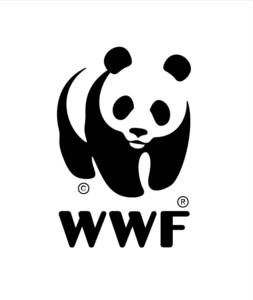Why is sustainable seafood good for… the climate?
Climate change impacts fishery on a global scale. But it’ll be most harmful to coastal communities in developing countries.
Climate and fish
Have you ever seen images of a bleached coral reef? All the colourful beauty is gone. So are the fish. The acidification of sea water causes corals to die, which in turn leads to less nurseries and hide-outs for baby fish. If the reefs collapse, fish stocks diminish and food security for coastal communities depending on them is in danger.
Climate change will further intensify pressure on fish stocks which will have a far-reaching impact on production, ecology, fishing operations, livelihoods and communities. The wider society and economy will also be affected. [1]
The most vulnerable
Developing countries are the most vulnerable to climate-induced negative effects on marine fisheries. More than two-thirds of them are directly and indirectly dependent on domestic marine fisheries as their main source of fish – a crucial source of protein. [2]
Developing countries are also limited in their ability to adapt to the climate induced changes.
Sustainable fish helps
A reduction in overfishing will increase the potential of fish stocks to cope with climate-induced negative effects and therefore aid climate change adaptation.
3 facts on seafood and… climate
fact #1
- 50%
We run the risk of having 50% less fish in the Global South by 2050 due to the effects of climate change alone. [3]
fact #2
- 25%
A quarter of all marine species depend on coral reefs. Tropical coral reefs and associated fauna might be lost during this century.[4]
Also over a quarter of the world’s small-scale fishers fish on coral reefs.[5]
fact #3
- 70%
Some small islands and developing countries risk losing up to 70% of their fisheries income due to climate change. [6]
Ok, but what can I do?
Buy sustainable seafood to give fish populations the best chance to cope with the impact of climate change.
[1] Cheung, W. W. L., Reygondeau, G. & Frölicher, T. L. (2016) Large benefits to marine fisheries of meeting the 1.5°C global warming target. Science 354, 1591.
[2] Blasiak, R. et al. (2017) Climate change and marine fisheries: Least developed countries top global index of vulnerability. PLOS ONE 12, e0179632.
[3] Cheung, W. W. L. et al. (2013) Shrinking of fishes exacerbates impacts of global ocean changes on marine ecosystems. Nat. Clim. Change 3, 254–258
[4] Hughes, T. P. et al. (2018) Spatial and temporal patterns of mass bleaching of corals in the Anthropocene. Science 359, 80–83.
[5] The et al (2013) Global Estimate of the Number of Coral Reef Fishers. PLoS ONE 8, e65397.
[6] V. W. Y. Lam et al. 2016. Projected change in global fisheries revenues under climate changeSci. Rep. 6















